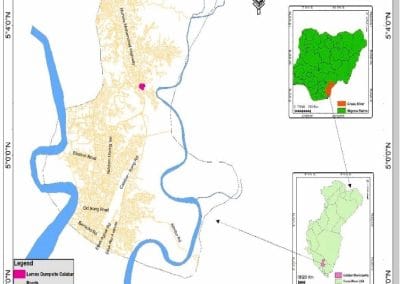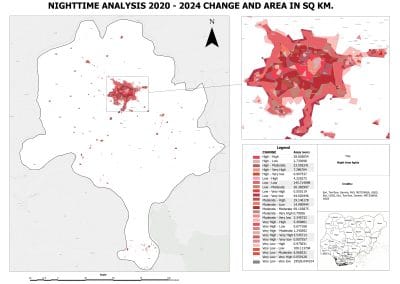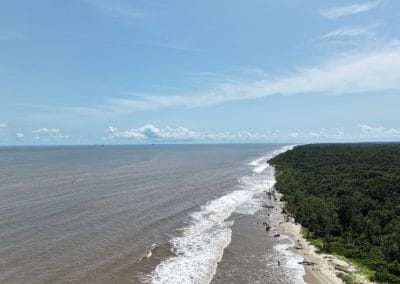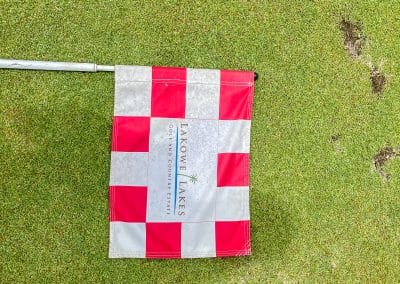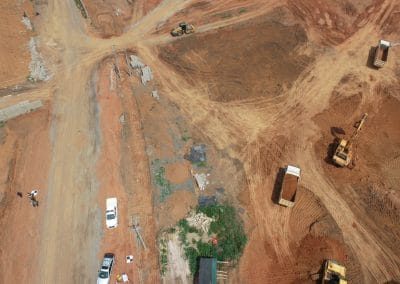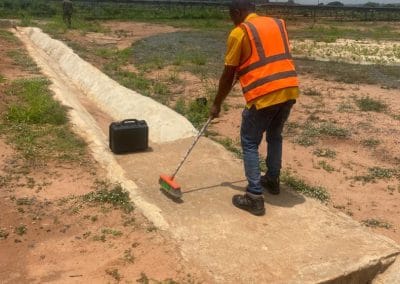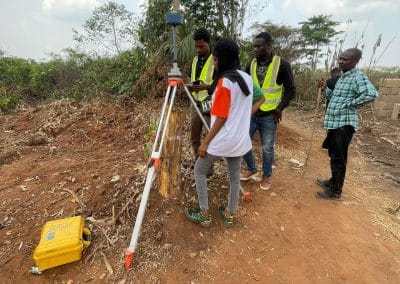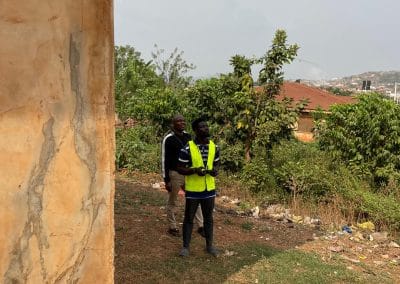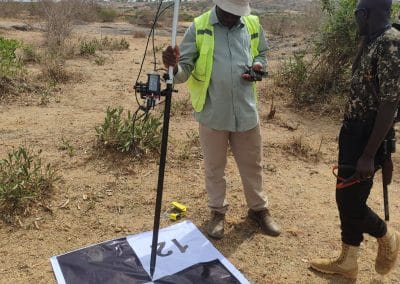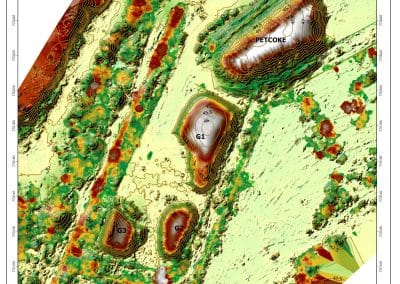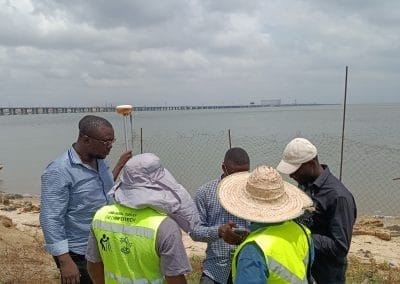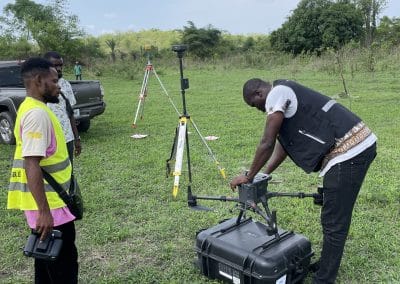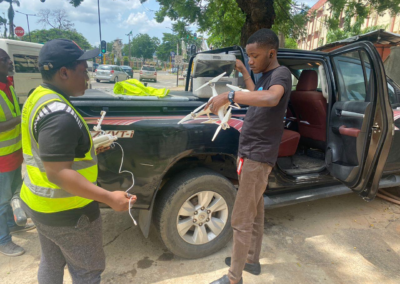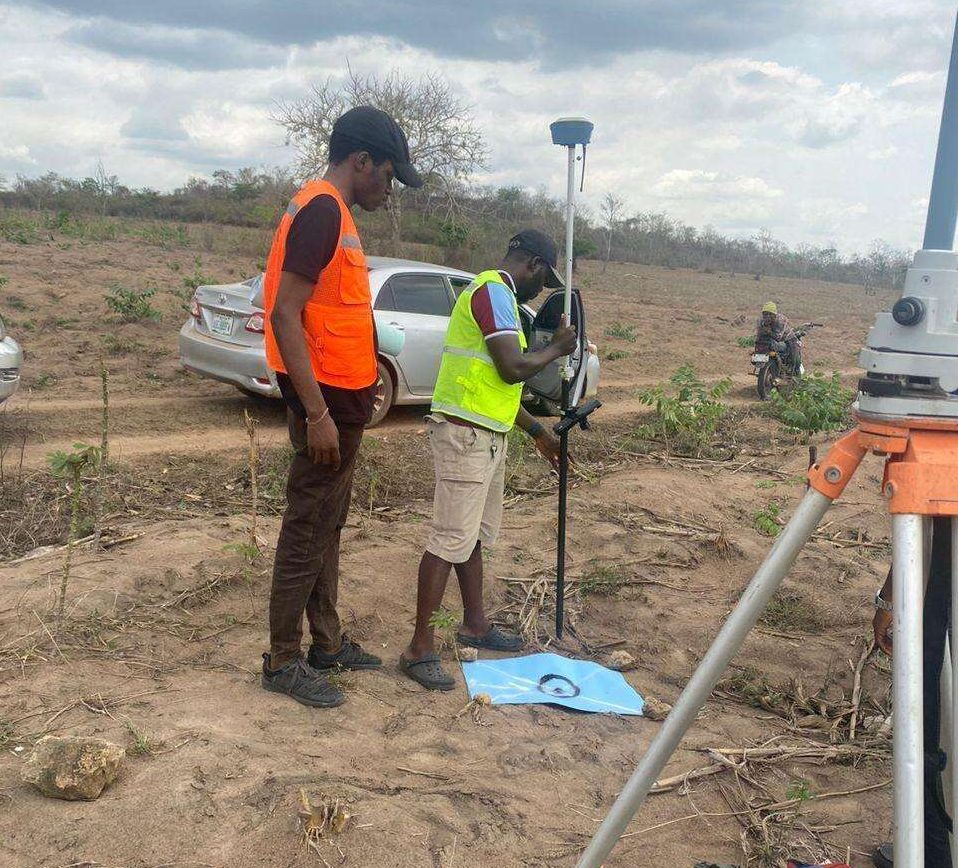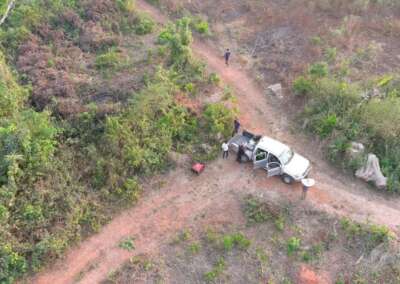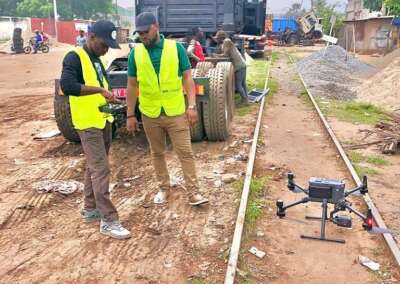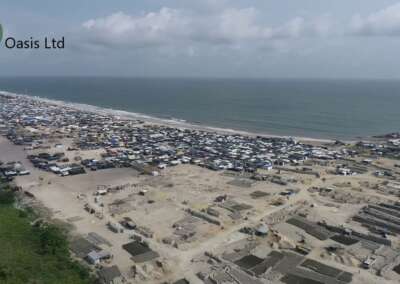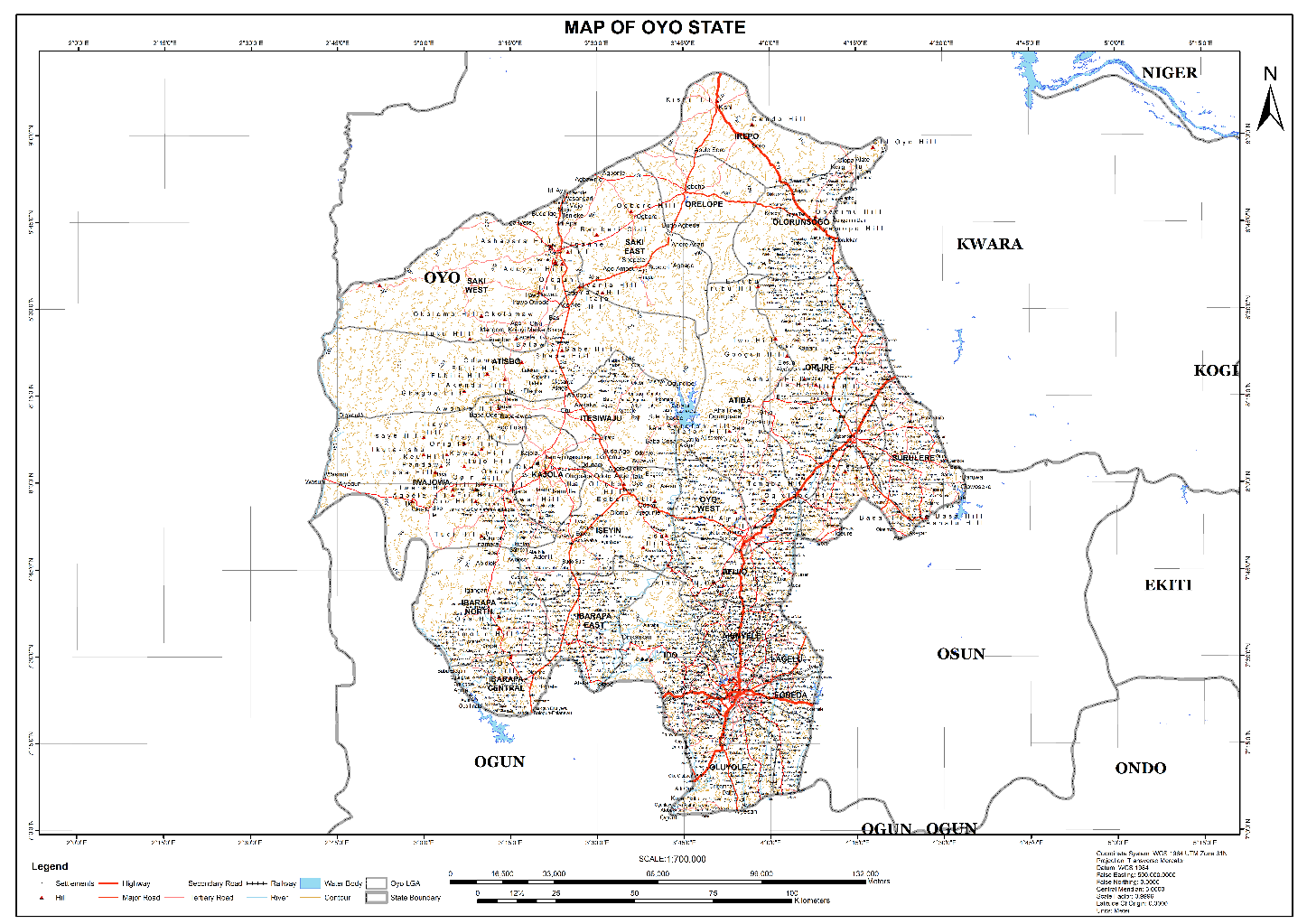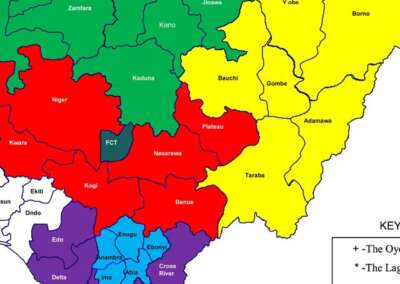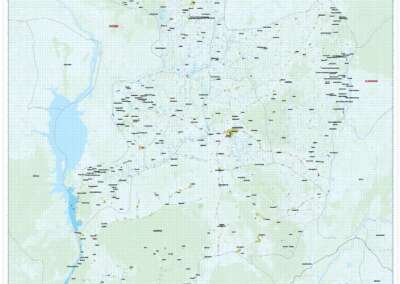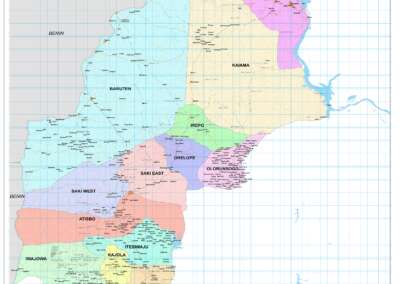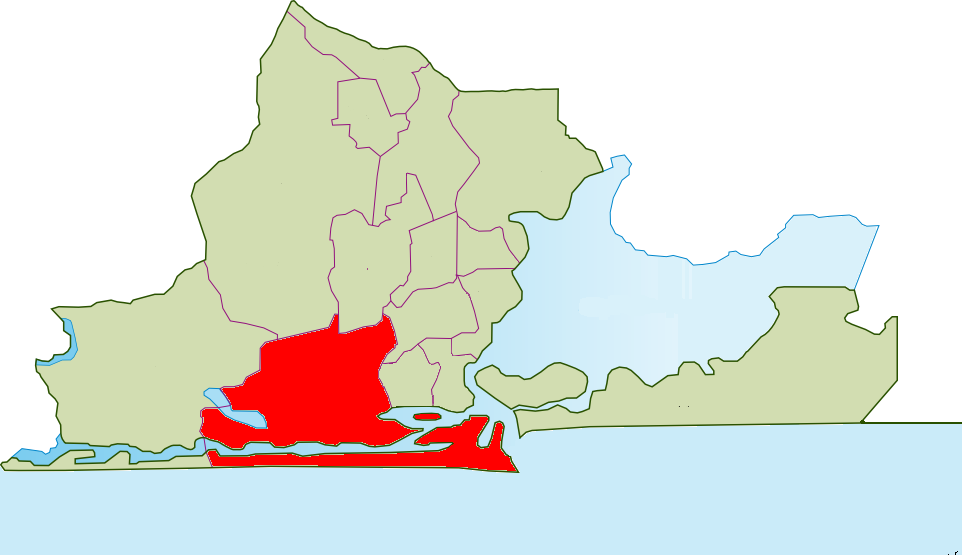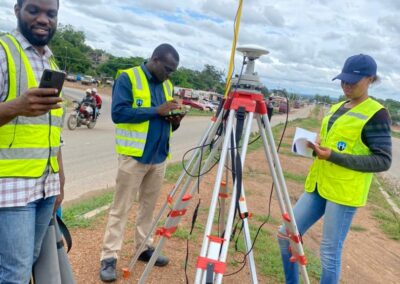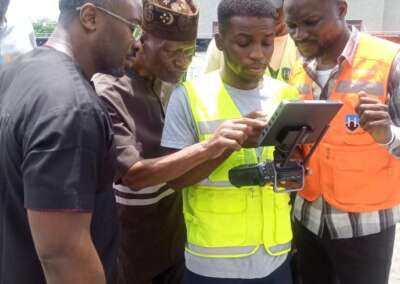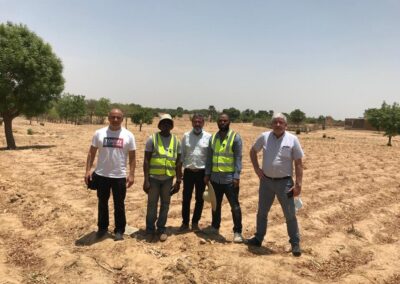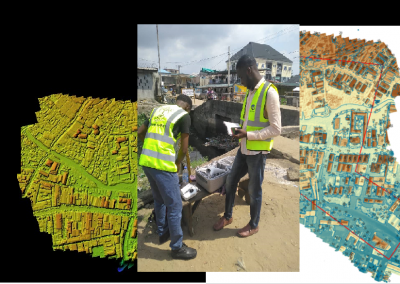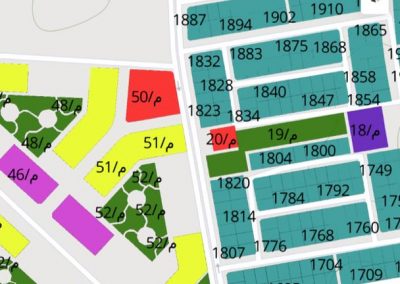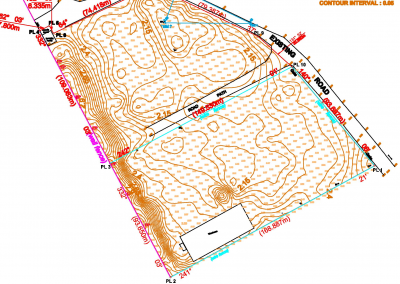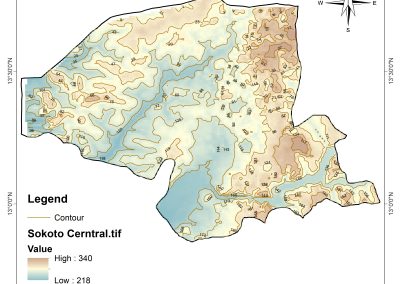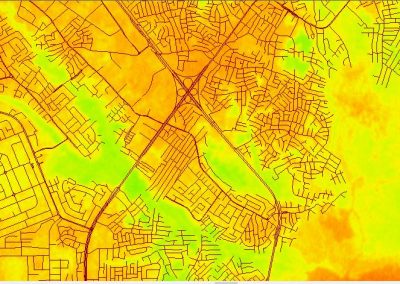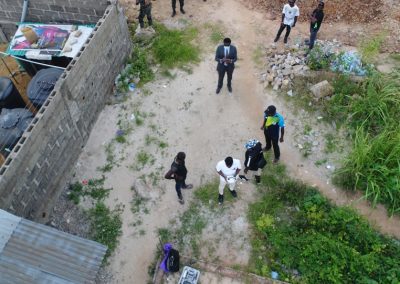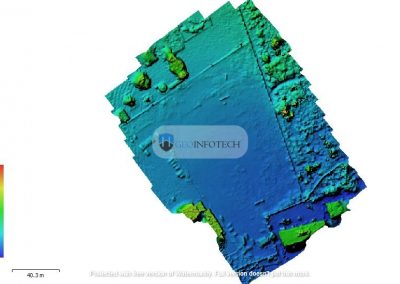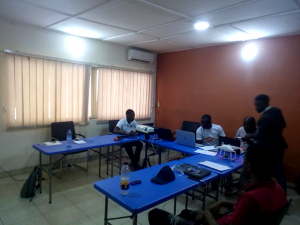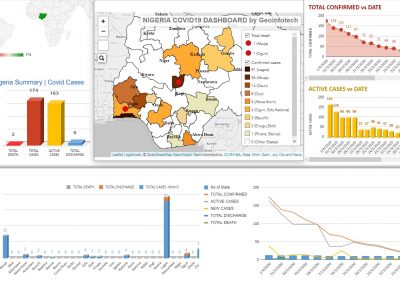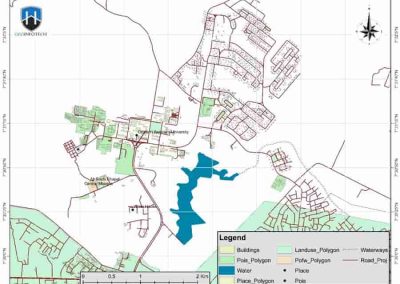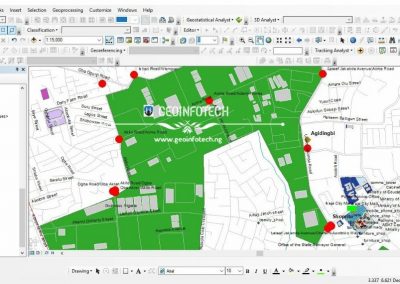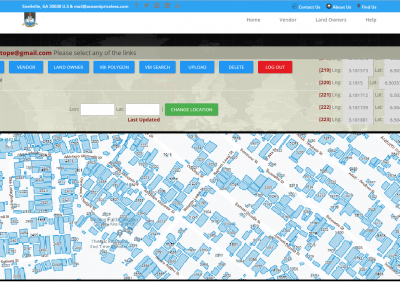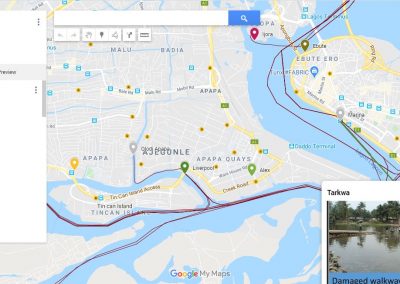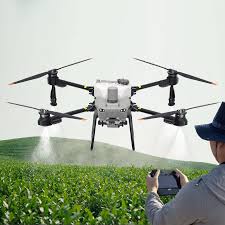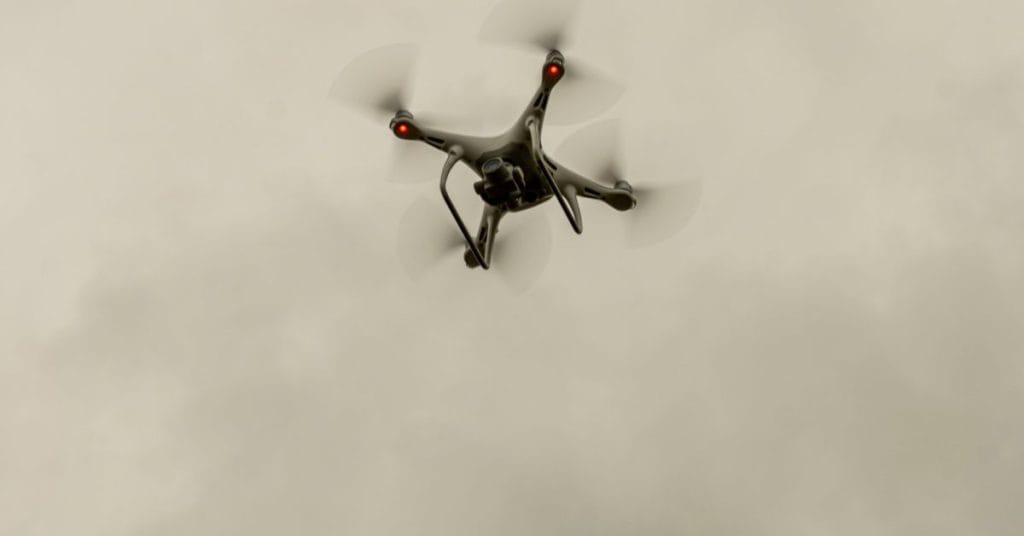
drone-services-abuja.jpg
Learn how to fly drones legally in Abuja. Understand NCAA rules, Aso Rock restrictions, and clearance procedures for safe drone operations in the FCT.
Abuja isn’t just Nigeria’s capital city; it’s the seat of government, a hub of infrastructure projects, and home to some of the country’s most sensitive airspace. As drones become indispensable tools for mapping, aerial photography, inspection, and surveillance, understanding the rules that govern their use in the Federal Capital Territory (FCT) has never been more important.
Flying a drone over Abuja isn’t like flying in any other Nigerian city. Between strict NCAA regulations, high-security restricted zones around Aso Rock, and clearance requirements for operations near government districts, drone operators must exercise exceptional care. This guide breaks down everything you need to know to fly safely, legally, and confidently in the FCT.
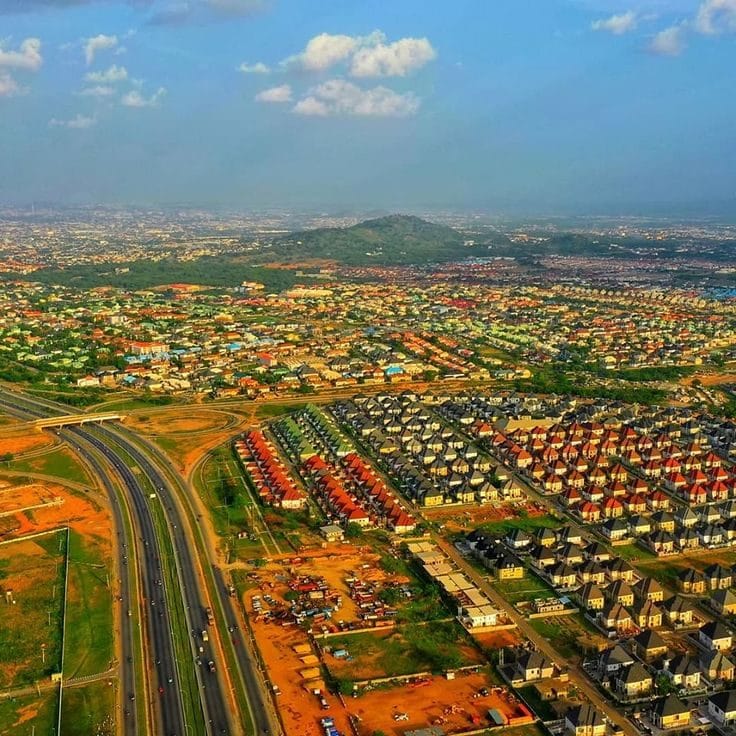
aso-rock-restricted-airspace.jpg
1. The Legal Foundation: NCAA Regulations for Drone Operations
The Nigeria Civil Aviation Authority (NCAA) is the body that regulates all remotely piloted aircraft systems (RPAS) in Nigeria. Whether you’re a commercial operator, a surveyor, or a drone hobbyist, you fall under their oversight.
Under NCAA guidelines, drone operations in Nigeria require adherence to certain fundamental rules:
- Registration: Every drone that exceeds the approved weight threshold must be registered with the NCAA before it can be flown.
- Certification: Operators conducting commercial flights must possess a Remotely Piloted Aircraft Systems (RPAS) Pilot License.
- Flight Authorisation: You must obtain flight approval before every operation, especially in controlled or urban airspace like Abuja.
- Operational Safety: All flights must maintain a visual line of sight (VLOS) unless special approval has been granted for beyond visual line of sight (BVLOS) missions.
Failure to comply with NCAA standards can lead to equipment seizure, fines, or prosecution. The takeaway is simple: you can’t afford to skip documentation in Abuja’s sky.
2. Understanding the Aso Rock Restricted Zone
Abuja’s skyline is dominated by the Aso Rock, the granite outcrop overlooking the Presidential Villa and Three Arms Zone, home to Nigeria’s top executive, legislative, and judicial institutions. Unsurprisingly, this area is classified as a prohibited flight zone by aviation and security authorities.
Any aerial device, including drones, is strictly forbidden from entering this zone without explicit clearance. The Aso Rock Restricted Zone (often referred to in aviation circles as DNP4) is heavily monitored. Unauthorised drone flights around the area can attract swift responses from security operatives and trigger investigations.
Here’s what this means for drone pilots:
- No drone should fly over or near Aso Rock. Even a few hundred meters too far can breach the restricted boundary.
- Plan your flight paths carefully. Use geofencing features on your drone to automatically block entry into restricted airspace.
- Respect government security limits. Never attempt to capture aerial imagery of the Presidential Villa, military facilities, or foreign embassies.
The rule of thumb: if you’re not 100% sure your area is authorised, don’t fly there.
3. Security Clearances for Government District Operations
Operating a drone in the FCT’s central government district involves more than just NCAA approval. Because the area hosts national institutions, ministries, and embassies, additional security clearance may be required.
Typically, drone operations in these sensitive zones require coordination with:
- The NCAA – for official flight authorisation and compliance oversight.
- The Nigerian Airspace Management Agency (NAMA) – for air traffic and NOTAM (Notice to Airmen) coordination.
- Security Agencies (such as DSS or military units) – for background checks and operational clearance, especially when filming or mapping near critical infrastructure.
- The FCT Administration – for land-use or location permits if you are launching or landing on public property.
Each agency plays a role in ensuring the drone activity aligns with safety and security standards. Depending on your project’s purpose (surveying, cinematography, or inspection), the clearance process can take days to weeks, so plan.
4. Pre-Flight Compliance Checklist for Drone Operators in Abuja
If you’re planning a flight in Abuja, here’s a simplified checklist to help you stay compliant:
- Register your drone with the NCAA and attach its registration number visibly on the aircraft.
- Obtain a valid RPAS license and carry your certification during operations.
- File a flight plan indicating the time, coordinates, and purpose of your flight. Submit it to the NCAA (and NAMA if required).
- Secure security clearance for operations near Aso Rock, the National Assembly, or the Central Business District.
- Use approved launch and landing zones, avoiding government or private property without consent.
- Monitor weather and NOTAMs before each flight.
- Maintain communication with ground control or local authorities during active operations.
- Respect data privacy, especially if recording near residential or administrative areas.
This process may seem bureaucratic, but in Abuja’s context, it’s essential for your safety and credibility as an operator.
5. Best Practices for Safe Drone Operations in the FCT
Beyond legal compliance, professionalism in drone service delivery requires attention to operational detail. Here are the best practices to follow:
- Plan every mission meticulously: Analyze maps, assess terrain, and identify restricted and safe corridors.
- Train your team: Every crew member should understand Abuja’s unique restrictions and emergency protocols.
- Keep records: Store permits, flight logs, and authorizations for at least six months after each operation.
- Invest in safety technology: Use drones with GPS fail-safes, return-to-home functions, and built-in airspace awareness systems.
- Engage with regulators proactively: Building rapport with the NCAA and local agencies simplifies future approvals.
Remember, drone professionalism isn’t only about the footage you capture; it’s also about how responsibly you operate.
6. The Risks of Unauthorised Drone Flights
Flying a drone without authorisation in Abuja can have serious consequences. Security operatives have zero tolerance for aerial incursions near sensitive locations, and ignorance of the law offers no protection. Violations can result in:
- Confiscation of drone equipment
- Arrest and interrogation
- Monetary fines or court action
- Blacklisting from future aviation approvals
Always treat the Abuja airspace as a high-security environment. When in doubt, consult the NCAA or your company’s regulatory liaison before take-off.
Despite the strict rules, the future of drone operations in Abuja looks promising. Government agencies, real estate firms, construction companies, and environmental organisations are increasingly adopting geo-spatial and aerial data solutions.
As more professionals embrace licensed drone operations, the city will benefit from improved infrastructure monitoring, mapping accuracy, and smart urban planning, all while maintaining national security.
Drone technology is here to stay. The key is to operate legally, safely, and responsibly.
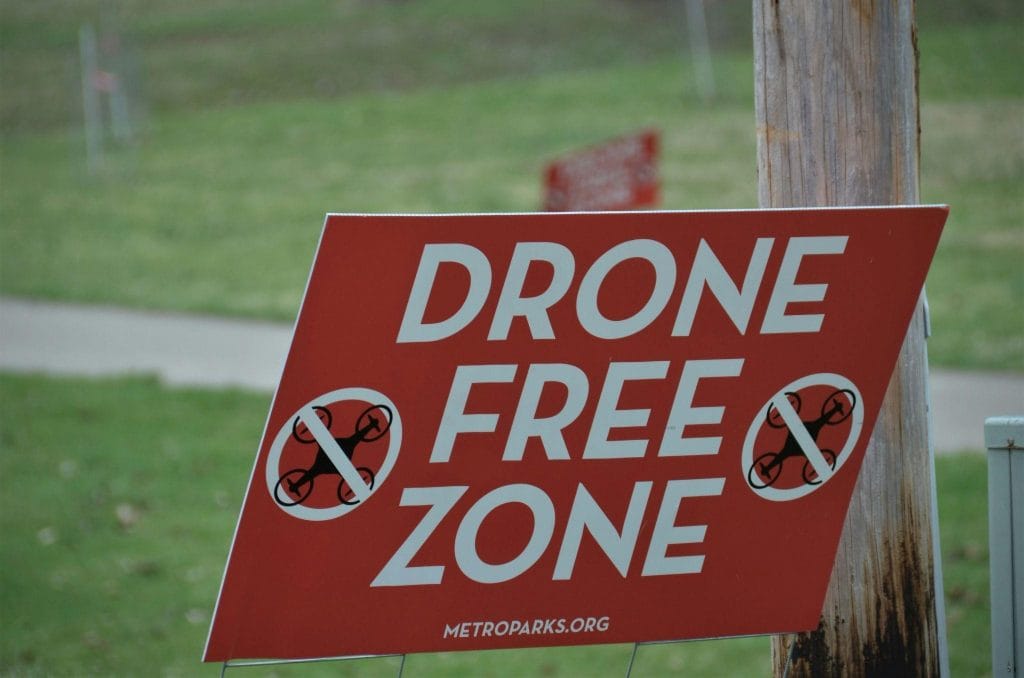
ncaa-drone-permit-abuja.jpg
Final Thoughts
Navigating Abuja’s airspace requires more than technical skill; it demands a clear understanding of aviation law, security protocols, and professional ethics.
For every drone operator in the FCT, compliance isn’t just about avoiding trouble; it’s about earning trust in a high-stakes environment where safety and security are paramount.
Before you fly:
- Check NCAA guidelines
- Confirm your authorisations
- Stay clear of restricted zones
- And always put safety above speed
Mastering these steps will keep your drone operations secure, compliant, and respected across Nigeria’s most regulated airspace.





